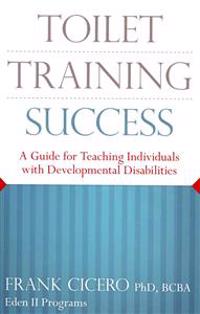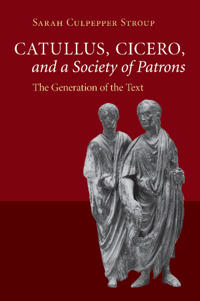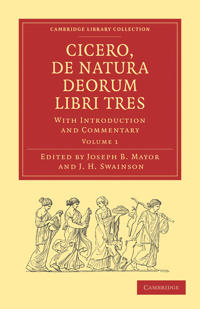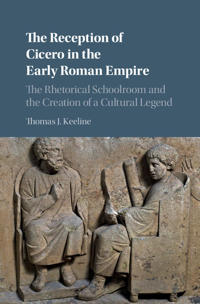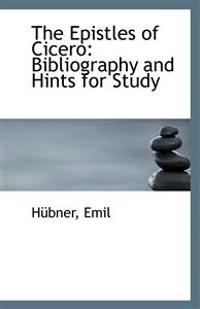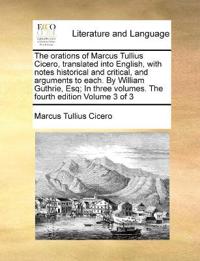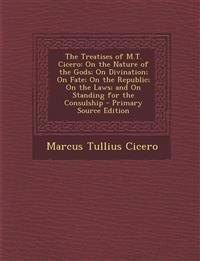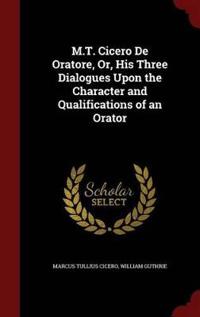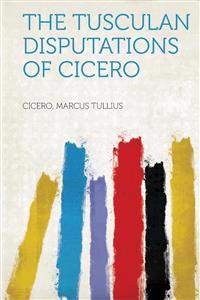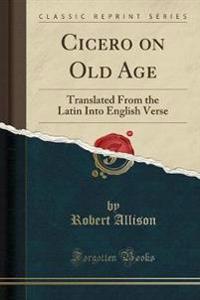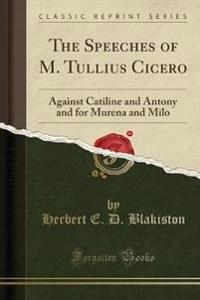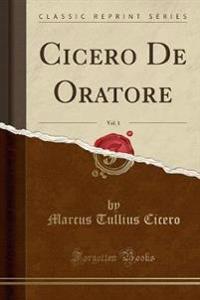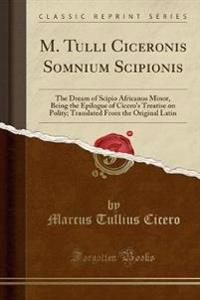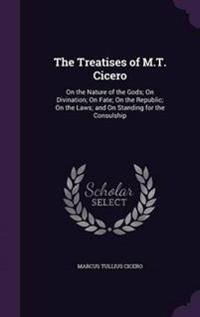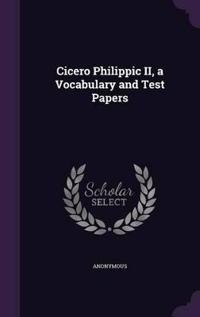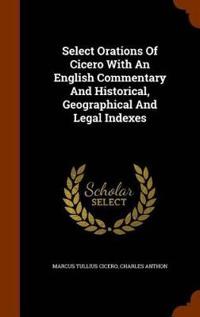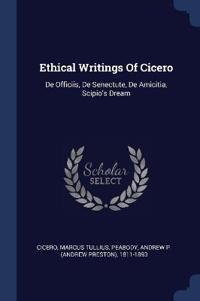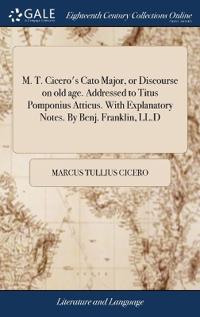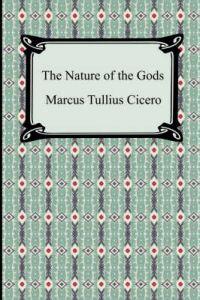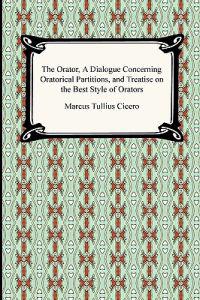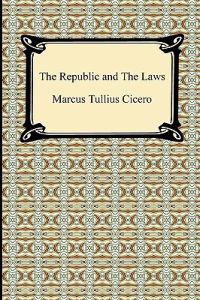Toilet Training Success: A Guide for Teaching Individuals with Developmental Disabilities (Häftad)
avFrank Cicero
ISBN: 9780983622611 - UTGIVEN: 2012-05Cicero And The Rise Of Deification At Rome (Inbunden)
avSpencer Cole
ISBN: 9781107032507 - UTGIVEN: 2013-11-28An innovative case study in religious change at Rome that examines how Cicero explores and experiments with concepts of deification.[...]
Cicero On Politics And The Limits Of Reason (Inbunden)
avJed W. Atkins
ISBN: 9781107043589 - UTGIVEN: 2013-10-31Rehabilitates Cicero's reputation as an important political thinker by providing a fresh interpretation of his central works of political philosophy.[...]
Catullus, Cicero, and a Society of Patrons (Pocket)
avSarah Culpepper Stroup
ISBN: 9781107477810 - UTGIVEN: 2015-01This is a study of the emergence, development, and florescence of a distinctly 'late Republican' socio-textual culture as recorded in the writings of this period's two most influential authors, Catullus and Cicero. It reveals a multi-faceted textual - rather than more traditionally defined 'literary[...]
Cicero, De Natura Deorum Libri Tres
ISBN: 9781108010979 - UTGIVEN: 2010-05First published between 1880 and 1885, Joseph B. Mayor's three-volume edition of De Natura Deorum places Cicero's speculative theological dialogue in the context of the arguments of the Epicureans, the Stoics, the Academics, and their predecessors. Equipped with a detailed commentary and a substanti[...]
The Reception of Cicero in the Early Roman Empire
ISBN: 9781108426237 - UTGIVEN: 2018-09Cicero was one of the most important political, intellectual, and literary figures of the late Roman Republic, rising to the consulship as a 'new man' and leading a complex and contradictory life. After his murder in 43 BC, he was indeed remembered for his life and his works - but not for all of the[...]
The Epistles of Cicero: Bibliography and Hints for Study (häftad)
ISBN: 9781110803996 - UTGIVEN: 2009-08The Treatises of M.T. Cicero: On the Nature of the Gods; On Divination; On Fate; On the Republic; On the Laws; and On Standing for the Consulship (häftad)
ISBN: 9781289488567 - UTGIVEN: 2013-09M.T. Cicero de Oratore, Or, His Three Dialogues Upon the Character and Qualifications of an Orator
ISBN: 9781298695116 - UTGIVEN: 2015-08Select Orations of Cicero with an English Commentary and Historical, Geographical and Legal Indexes
ISBN: 9781346019307 - UTGIVEN: 2015-11M. T. Cicero's Cato Major, or Discourse on Old Age. Addressed to Titus Pomponius Atticus. with Explanatory Notes. by Benj. Franklin, LL.D
ISBN: 9781385200988 - UTGIVEN: 2018-04The 18th century was a wealth of knowledge, exploration and rapidly growing technology and expanding record-keeping made possible by advances in the printing press. In its determination to preserve the century of revolution, Gale initiated a revolution of its own: digitization of epic proportions to[...]
The Orator, a Dialogue Concerning Oratorical Partitions, and Treatise on the Best Style of Orators (Häftad)
avMarcus Tullius Cicero
ISBN: 9781420934335 - UTGIVEN: 2009-01

